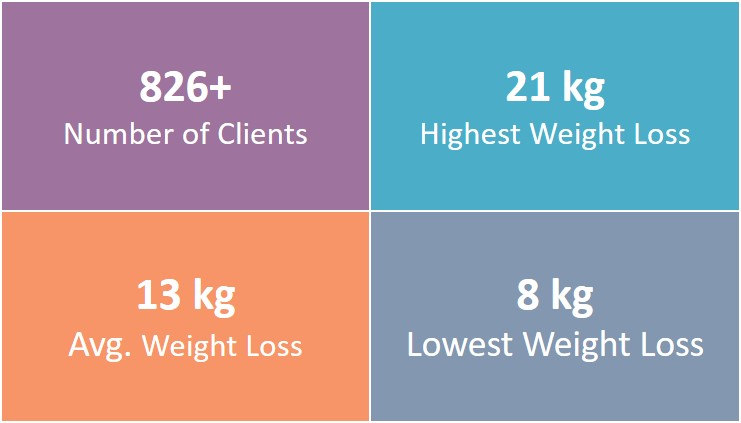
Adhering to a healthy diet plan is a key factor in achieving and maintaining overall health and well-being. With the abundance of diet options and sometimes conflicting information, it can be challenging to know where to start. Find here some practical tips to help you follow a healthy diet plan Dubai effectively.
Set clear and achievable goals:
Begin by setting clear and achievable goals. Instead of aiming for drastic changes, focus on making small, manageable adjustments to your diet. For instance, you might start by incorporating more vegetables into your meals or reducing your intake of sugary snacks. Clear goals help in creating a focused approach and make it easier to track your progress.
Plan your meals:
Meal planning is essential for maintaining a healthy diet. Plan your meals for the week ahead, including breakfast, lunch, dinner, and snacks. This approach helps you make healthier choices and reduces the likelihood of reaching for unhealthy options when you’re hungry or pressed for time. Use a meal planner or app to organize your meals and grocery shopping.
Include a variety of foods:
A balanced diet includes a variety of foods to ensure you get all the necessary nutrients. Incorporate a mix of fruits, vegetables, whole grains, lean proteins, and healthy fats into your meals. Eating a diverse range of foods also keeps your diet interesting and enjoyable, making it easier to stick to.
Watch portion sizes:
Portion control is important for maintaining a healthy diet. Even healthy foods can contribute to weight gain if consumed in excessive amounts. Be mindful of portion sizes and avoid eating large servings of any single food. Using smaller plates and bowls can help you manage portions better and prevent overeating.
Stay hydrated:
Drinking plenty of water is an often-overlooked aspect of a healthy diet. Water supports digestion, helps regulate appetite, and keeps your body hydrated. Aim to drink at least eight glasses of water a day and limit your intake of sugary or caffeinated beverages.
Read nutrition labels:
Understanding nutrition labels can help you make informed food choices. Pay attention to key information such as calorie content, serving sizes, and nutrient levels. Choose foods with lower added sugars, saturated fats, and sodium, and opt for items with higher fiber and nutrient content.




